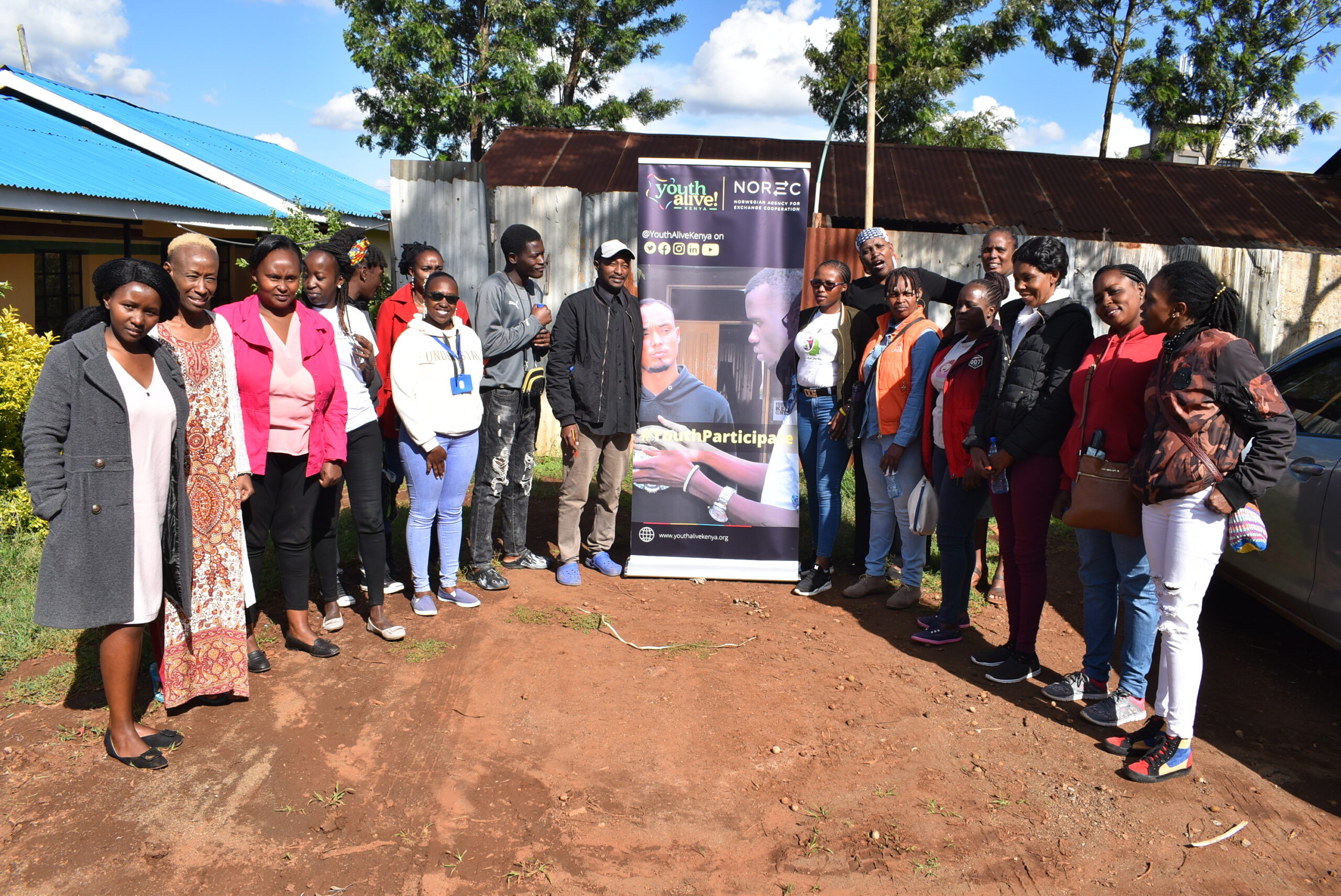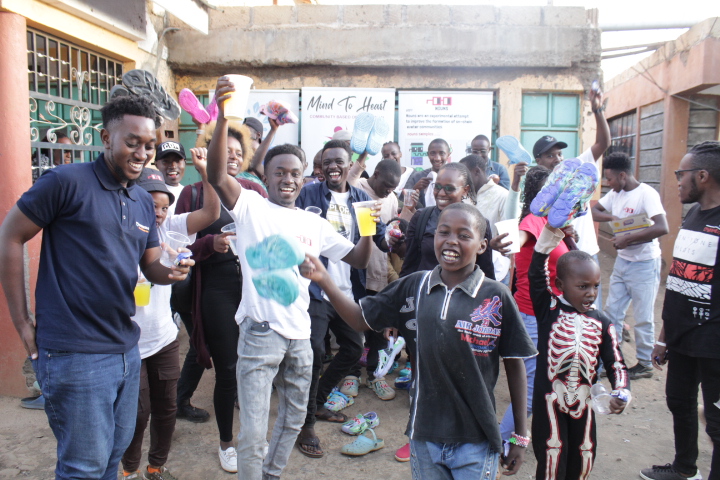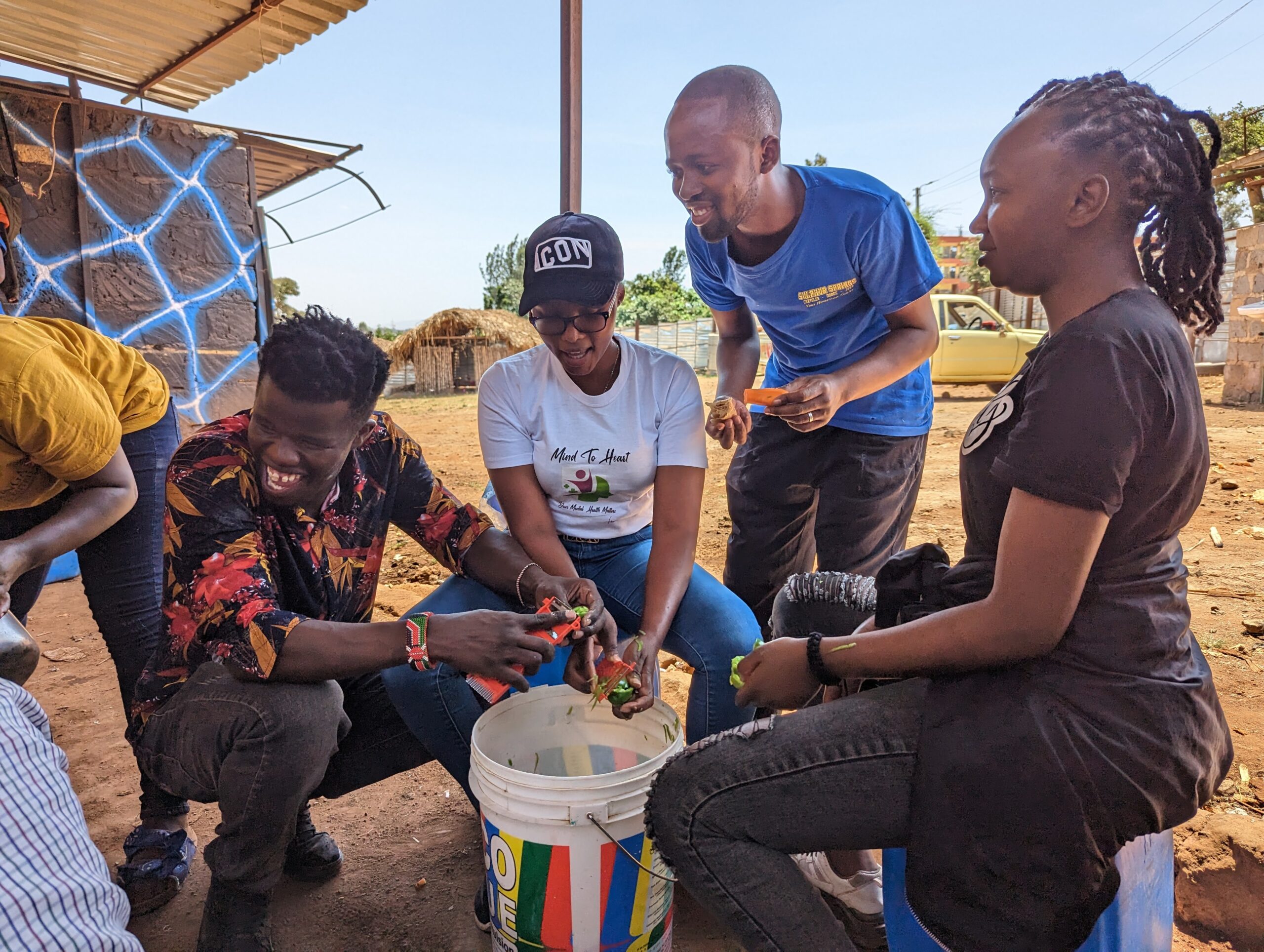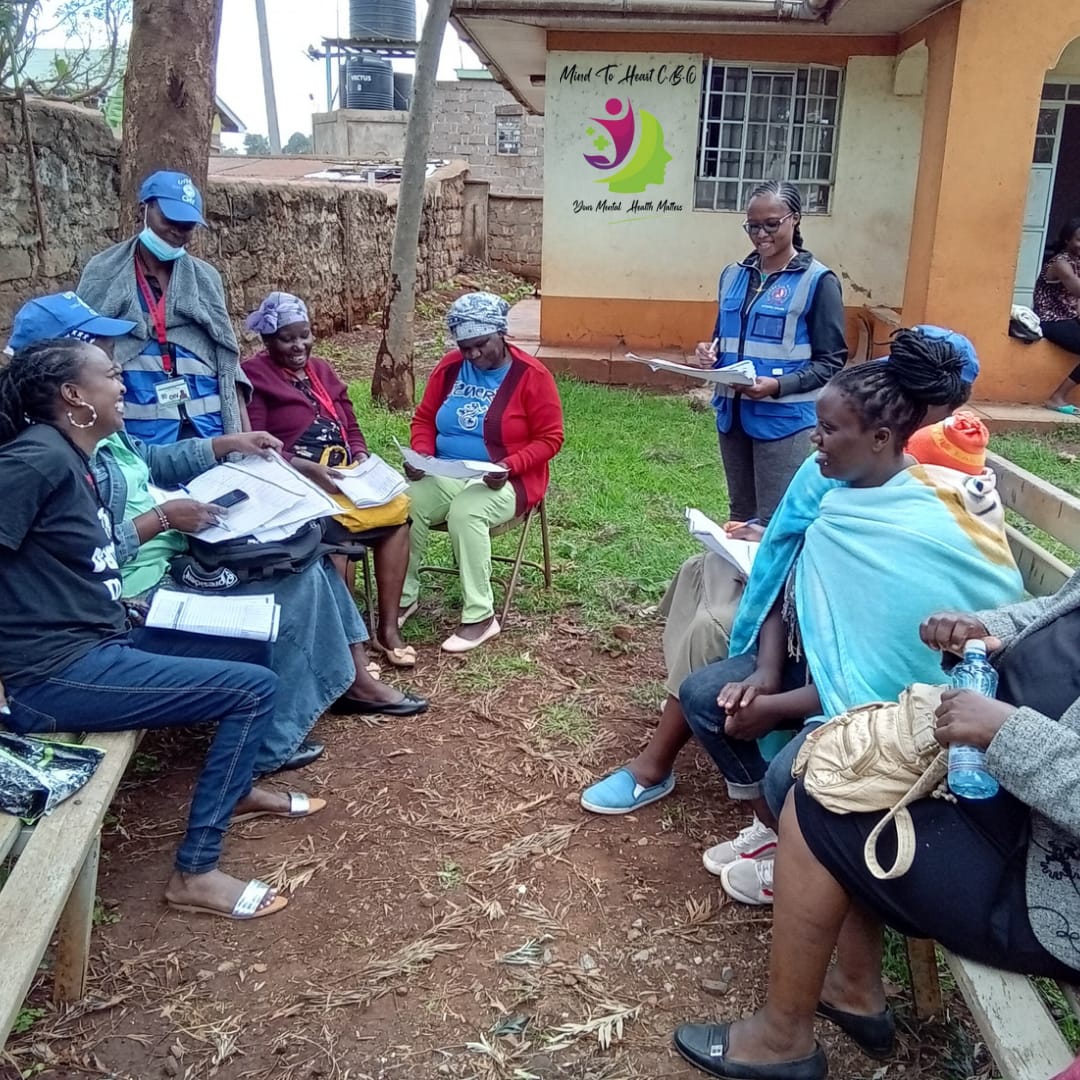Climate Action: Building Resilient Communities for a Sustainable Future
At Mind to Heart, we recognize the urgent need for Climate Action to mitigate the adverse effects of climate change on our communities, especially those already vulnerable to environmental challenges. Our Climate Action thematic area is dedicated to promoting environmental sustainability, resilience, and community-driven solutions to climate-related issues. Through education, innovation, and advocacy, we work to empower individuals and communities to become active participants in protecting and preserving the environment for future generations.
Our climate action initiatives focus on sustainable practices that not only combat climate change but also enhance livelihoods and foster long-term ecological balance.
1. Environmental Education and Awareness
We believe that education is the foundation for effective climate action. Our programs aim to raise awareness about the impacts of climate change and the importance of environmental conservation.
- Community Workshops: Hosting educational workshops in schools, communities, and workplaces to inform participants about climate change, its causes, and its impact on ecosystems and human health.
- Youth Engagement: Engaging young people through environmental clubs, eco-camps, and school programs to inspire them to become future environmental leaders.
- Public Awareness Campaigns: Using media, social platforms, and community events to spread knowledge about sustainable practices, such as reducing carbon footprints, conserving water, and adopting renewable energy solutions.
2. Sustainable Agriculture and Food Security
Agriculture is both a significant contributor to and a sector vulnerable to climate change. We are committed to promoting sustainable farming practices that protect the environment while ensuring food security for local communities.
- Climate-Smart Agriculture: Training farmers in climate-resilient farming techniques, such as agroforestry, water conservation, and soil health management, to adapt to changing weather patterns and protect ecosystems.
- Organic Farming Programs: Encouraging the use of organic methods to reduce the reliance on harmful chemical inputs that contribute to soil degradation and water pollution.
- Food Security Initiatives: Partnering with local governments and organizations to support smallholder farmers in increasing crop yields and improving food storage, reducing the risk of food shortages during periods of extreme weather.
3. Reforestation and Conservation Projects
Forest ecosystems play a crucial role in sequestering carbon and maintaining biodiversity. Our reforestation and conservation efforts aim to restore degraded landscapes and protect biodiversity hotspots.
- Tree Planting Campaigns: Organizing community tree-planting events to restore deforested areas, improve air quality, and provide habitats for wildlife. Our goal is to plant thousands of trees annually to mitigate carbon emissions.
- Forest Conservation Programs: Collaborating with local communities and authorities to protect existing forests from illegal logging and encroachment. We promote sustainable forest management practices that benefit both people and the environment.
- Wetland and Wildlife Protection: Working to conserve wetlands, which are vital ecosystems for biodiversity and carbon storage, as well as advocating for the protection of endangered species and their habitats.
4. Renewable Energy and Green Technology
The transition to renewable energy sources is critical in reducing reliance on fossil fuels and decreasing greenhouse gas emissions. We support communities in adopting green technologies that foster sustainability.
- Solar Energy Projects: Facilitating access to affordable solar energy solutions for rural communities, schools, and health centers, helping to reduce their dependence on unsustainable energy sources.
- Energy Efficiency Workshops: Educating individuals and businesses on how to implement energy-efficient technologies and practices, such as using energy-saving appliances, better insulation, and switching to renewable energy.
- Waste-to-Energy Initiatives: Promoting the use of waste materials to generate clean energy, reducing landfill waste and creating sustainable energy solutions for underserved areas.
5. Water Conservation and Management
Water scarcity is one of the most pressing challenges caused by climate change, and Mind to Heart is dedicated to promoting sustainable water management practices to ensure access to clean water.
- Rainwater Harvesting Systems: Supporting the installation of rainwater harvesting systems in schools, homes, and farms to provide a reliable source of water during drought periods.
- Water Conservation Education: Conducting community outreach programs to teach water-saving techniques, such as efficient irrigation systems, wastewater recycling, and responsible water use in households.
- Water Sanitation and Hygiene (WASH): Working with partners to improve water infrastructure in rural areas, ensuring access to clean drinking water and sanitation services, which are essential for public health and climate resilience.
6. Climate Advocacy and Policy Engagement
At Mind to Heart, we believe that addressing climate change requires systemic changes at the policy level. We actively engage in climate advocacy to influence policies that prioritize environmental protection and climate resilience.
- Policy Advocacy Campaigns: Collaborating with government agencies, local leaders, and environmental organizations to advocate for policies that promote sustainable development, reduce carbon emissions, and protect natural resources.
- Community Dialogues: Hosting forums and community dialogues to empower local stakeholders to voice their concerns and participate in decision-making processes related to climate change mitigation and adaptation.
- Global Climate Action: Participating in international climate conferences and networks to align our efforts with global climate goals and ensure that the voices of our communities are heard on the world stage.
7. Disaster Risk Reduction and Resilience Building
Communities, particularly those in vulnerable areas, face the growing threat of climate-induced natural disasters such as floods, droughts, and storms. Our efforts focus on disaster preparedness and building resilience.
- Disaster Preparedness Training: Conducting training sessions in disaster-prone regions to teach residents how to prepare for and respond to extreme weather events.
- Early Warning Systems: Working with local governments to implement early warning systems that help communities anticipate and mitigate the effects of climate-related disasters.
- Community Resilience Projects: Supporting the development of infrastructure, such as flood defenses and drought-resistant crops, that enhance community resilience in the face of climate challenges.
Our Commitment to Climate Action Mind to Heart is fully committed to leading climate action efforts at the community level, focusing on sustainable practices, education, and resilience-building. Through our programs, we aim to create a future where communities are equipped to mitigate the effects of climate change while fostering a deep respect for the natural world.
By promoting Climate Action, we empower individuals and communities to be part of the solution, working collectively to protect our planet and ensure a sustainable future for all. Climate change is a global challenge, but the solutions start with local action.





